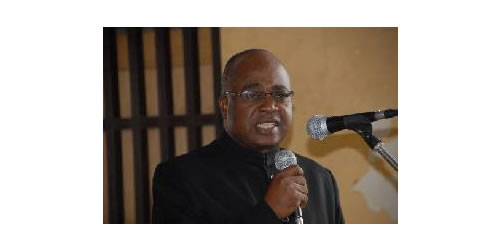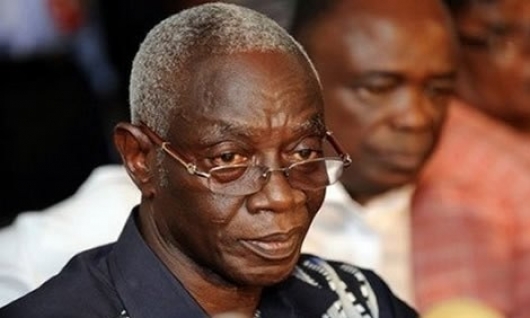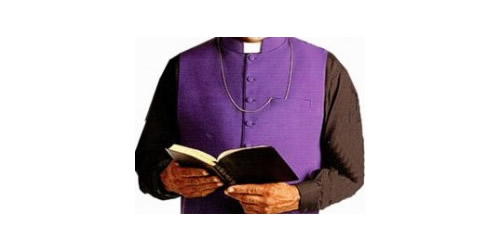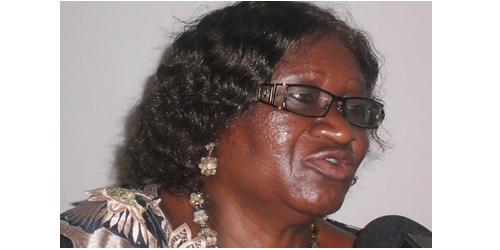Over 400,000 Ghanaian children out of school

Ghana’s education sector continues to dwindle because another report by the Ghana Education Service (GES) has revealed that over 400,000 children of school going age are not in school. The report specified that about 20% of these children are between the ages of six and eleven.
The report further indicated that children between eight to 17 years have lost interest in education due to several factors including socio-economic and cultural barriers.
Acting Deputy Director General of the Ghana Education Service (GES), Stephen Adu, brought this to the fore in Tamale.
He was speaking on the occasion of the 20th Anniversary of the School for Life, a local NGO operating in the Northern Region.
“Even though basic education is expected to be accessible to all Ghanaian children, it is unfortunate that we have over 400,000 out of school children in the country. We are denying all such children the opportunity for them to also contribute their quota to the development of this our great nation. There are also situations where fosterage, early betrothal of girls and teenage pregnancy takes a centre stage,” he lamented.
He said the over 400,000 children out of school constituted a critical mass whose continuous exclusion from the school system will thwart the nation’s goal on education for all.
He explained that, “there are children who are out of school because of the remoteness and inaccessible nature of such communities. There also communities which even though have schools, they record extremely low enrollment as a result of unfavorable socio-economic and cultural factors.”
“In such communities where economic activities are generally at the subsistence level, interest in formal education on the part of both parents and children is not rekindled. In such circumstances, you find such children working as shepherds, commercial porters, street vendors, trotro conductors and laborers in chop bars, shops and lorry parks,” Stephen Adu bewailed.
Mr. Stephen Adu commended School for life for introducing the Complementary Basic Education concept to bridge the gap.
Chairman of the Ghana Developing Communities Association, Yani Gushei Naa, Professor Abukari Alhassan, recounted that the School for Life was instrumental in uniting the Komkomba and Dagomba factions.
He disclosed that attempts to make Community Based Education formalized into Ghana Education Service program was tough.
“After years of struggle, government accepted CBE and created a desk at the Ministry of Education and budgetary allocation was earmarked for its implementation.”
Professor Naa Abubakari said the Dagbon Traditional Council and the Ministry of Foreign Affairs played a major role in CBE formalization process.”
He admonished the education ministry to place premium on the CBE desk since it is serving the three regions of the north and also the Afram-Plains in the Greater Accra region.
In a speech read on his behalf, the Northern Regional Minister, Alhaji Mohammed Muniru Limuna, extolled School for Life for its contribution towards the improvement of education standards in the north.
He said government will deepen its collaboration with development partners to boost the education sector.
Alhaji Limuna noted that the efforts of School for Life and other NGOS operating in the region continues to promote girls’ enrollment in schools in the region.
The School for Life Programs Manager, Alhaji S.O Saaka, called for government’s support to sustain the Community Based Education program.
He said the school could boast of 51 schools and numerous dual desks supplied to various deprived schools within its catchment area.
Source: citifmonline





